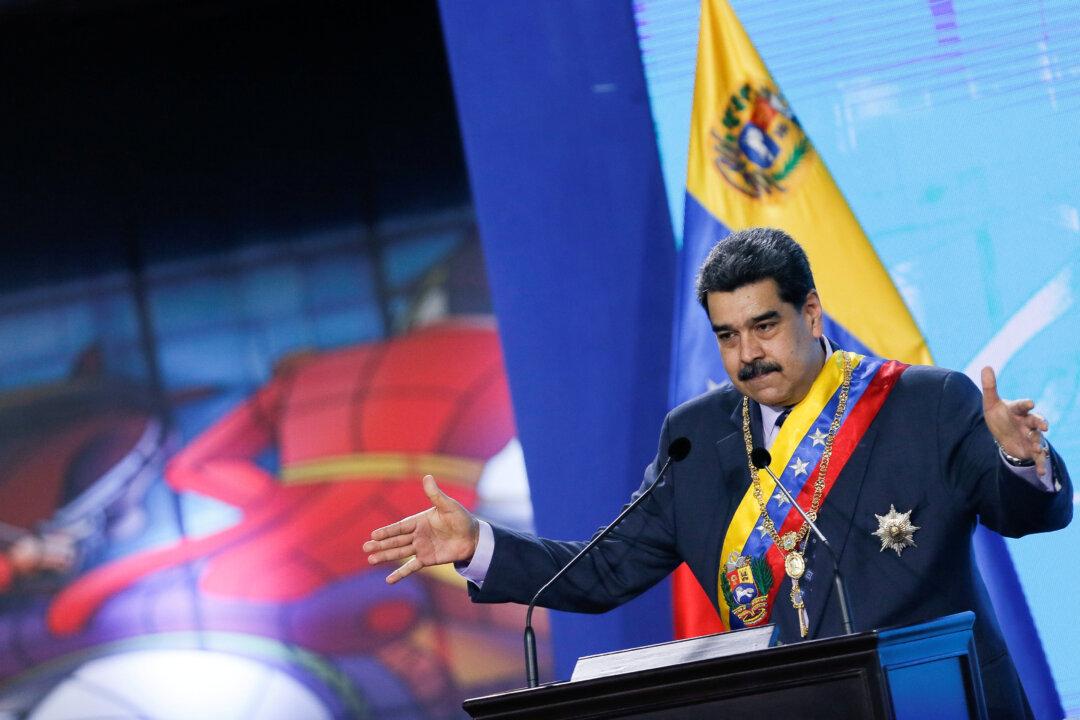A U.S. judge has denied a motion from indicted former Venezuelan Gen. Clíver Antonio Alcalá Cordones to have the U.S. government produce records about his connections to the CIA.
According to the Department of Justice (DOJ), Cordones conspired with Venezuelan President Nicolás Maduro, other top regime officials, and members of Colombia’s Fuerzas Armadas Revolucionarias de Colombia (FARC) to ship cocaine to the United States.




